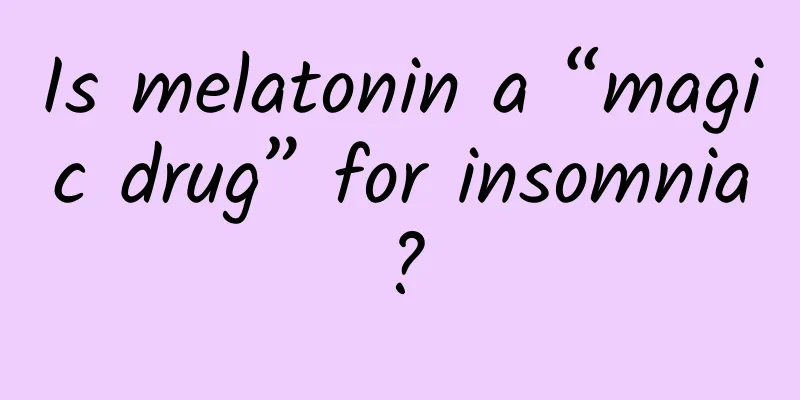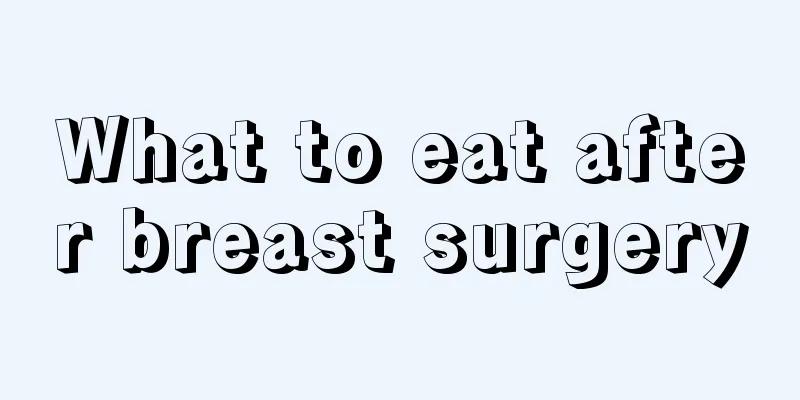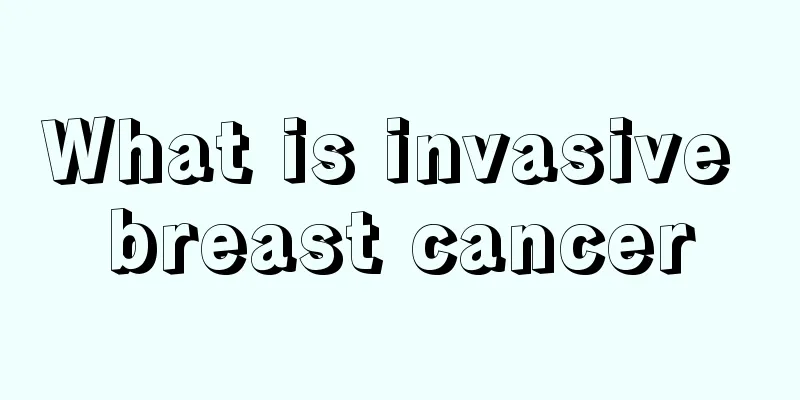Is melatonin a “magic drug” for insomnia?

|
Author: Zhang Yan, deputy chief physician, Peking University Third Hospital Reviewer: Fan Dongsheng, Chief Physician, Peking University Third Hospital Insomnia is a common clinical problem. It not only affects our daily life and work, but also causes certain damage to our physical and mental health. So, how to effectively solve the problem of insomnia? In recent years, melatonin has been used to treat insomnia. So, what exactly is melatonin? And why can it treat insomnia? Figure 1 Copyright image, no permission to reprint The natural melatonin in the human body is a hormone synthesized by the pineal gland using tryptophan. It is secreted into the blood and cerebrospinal fluid and participates in regulating the sleep-wake cycle. It has a significant circadian rhythm, and the plasma concentration of melatonin at night is at least 10 times that of the daytime concentration. Melatonin secreted at night helps induce and maintain sleep. The secretion of melatonin in the human body may change with age, starting from 3 to 4 months after birth. The nighttime concentration reaches its highest value at 1 to 3 years old, and then begins to slowly decline to a plateau in early adulthood. It will then continue to decline, and by the age of 70, the peak concentration of melatonin at night may be less than 1/4 of the peak value in youth. Figure 2 Copyright image, no permission to reprint Since the nocturnal plasma melatonin concentration decreases with age, many elderly people will experience age-related insomnia (such as waking up easily at night and decreased sleep efficiency). For this group of people, the dose of melatonin supplementation should just make up for the age-related decrease in secretion, which can help improve sleep. The "Guidelines for the Diagnosis and Treatment of Insomnia in Adults in China" points out that melatonin sustained-release tablets can improve the sleep quality of insomnia patients over 55 years old. Exogenous melatonin can not only promote falling asleep and maintaining sleep, but also regulate the circadian rhythm phase (including the rhythm of melatonin itself), which can be induced by physiological doses, that is, 0.1-0.3 mg promotes sleep, and 0.3-0.5 mg regulates the circadian rhythm phase. Melatonin preparations are not regulated in many countries and are generally regarded as "dietary supplements" and can be purchased at will without prescription, resulting in their frequent overdose. Taking melatonin preparations in large doses can cause plasma melatonin concentrations to exceed physiological concentrations, causing brain melatonin receptor desensitization, that is, after being exposed to hormones exceeding normal concentrations, their activity decreases significantly, which can be seen in insomniacs who use large doses of melatonin for a long time to improve sleep quality. The normal melatonin circadian rhythm can also be changed. Therefore, it is recommended that elderly patients use lower melatonin doses that are close to physiological doses. Melatonin concentrations exceeding physiological concentrations can cause daytime sleepiness, physical and mental impairment, hypothermia, and hyperprolactinemia. The current clinical applications of melatonin include the treatment of age-related insomnia, improvement of sleep-wake disorders caused by jet lag, sleep-wake phase delay disorders and other circadian rhythm disorders, as well as shift work-related reactions. Adverse reactions of melatonin include headache, confusion and sleep fragmentation. Therefore, it is recommended to use a lower, physiological dose (0.1-0.5 mg) of melatonin to treat insomnia and improve jet lag. However, melatonin should not be abused to avoid adverse reactions. Figure 3 Copyright image, no permission to reprint Insomnia is a symptom caused by multiple factors, which requires us to consider comprehensively, combine our own situation, and adopt multiple methods to treat it. |
<<: Understand the risks of HPV infection and learn how to protect yourself
>>: Be careful! Genital Chlamydia trachomatis infection may "make a comeback"
Recommend
What should I pay attention to when drinking milk and coffee together? How to adjust my coffee and alcohol drinking habits?
The caffeine in coffee can increase the excitabil...
What are the methods to prevent gynecological inflammation in spring?
Gynecological inflammation is not seasonal. As lo...
What are the side effects of taking birth control pills during breastfeeding?
Whether it is regular or emergency contraceptives...
Why do I feel sore legs during confinement?
After ten months of pregnancy, it is believed tha...
Leucorrhea detection cleanliness is second degree
Due to the normal basal metabolism of the body, w...
Introduction to Hymen Surgery
There are many common surgeries. When choosing a ...
Can moxibustion cure adenomyosis?
Can moxibustion cure adenomyosis? Uterine adenoma...
How to have a spontaneous abortion most easily? Pregnant mothers should pay more attention to it
If a pregnant woman does not pay attention to the...
The harm of having sex right after menstruation
Many people like to have sex right after their me...
Can I have a physical examination right after my period ends?
We should all have regular physical examinations,...
You can use a pregnancy test strip a few days after having sex.
When couples are in the stage of preparing for pr...
Pelvic Inflammatory Disease in Traditional Chinese Medicine
Diseases like pelvic inflammatory disease should ...
What kind of cabbage is good for pickled cabbage?
We all know that pickled cabbage with vinegar is ...
Pregnancy belly is hard
It is relatively easy for people to get pregnant ...
Is it possible to remove oil from food?
Excerpted from: Inside and Outside the Classroom ...









